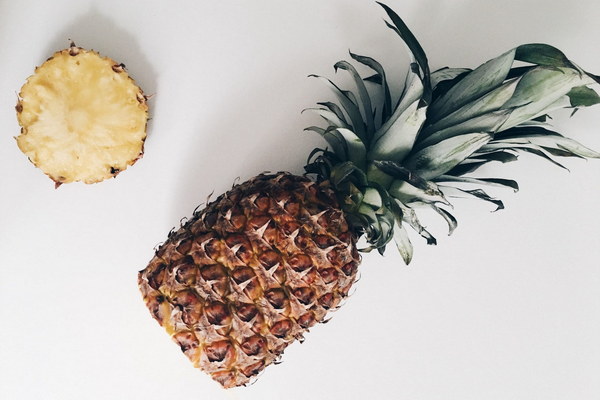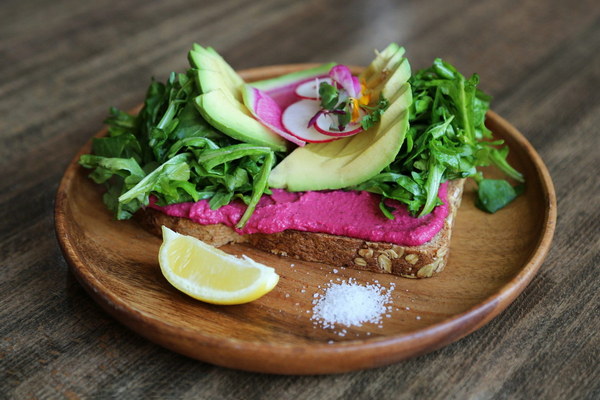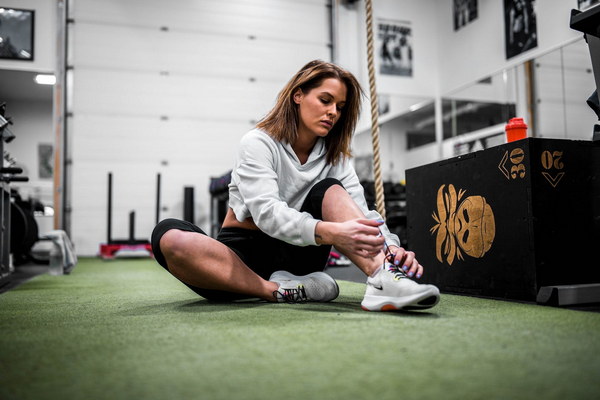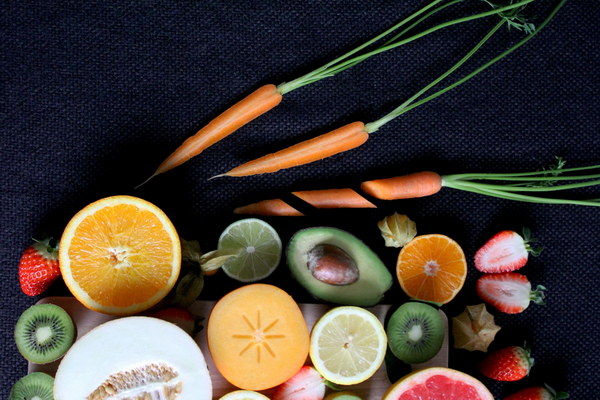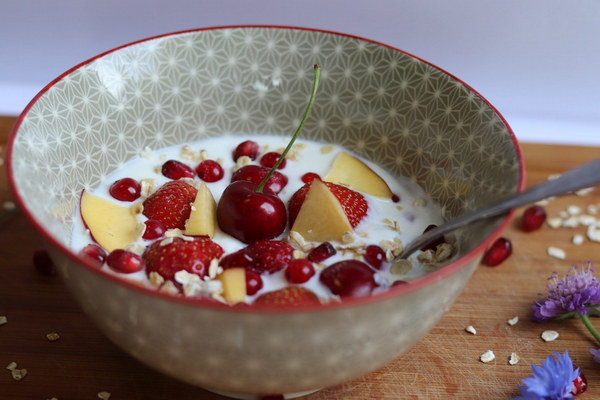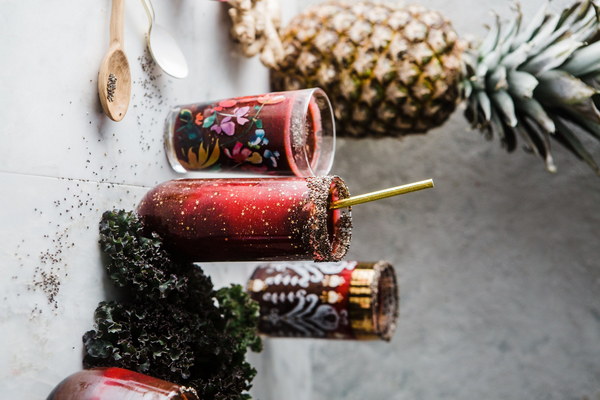Postpartum Sweating A Natural Way to Replenish Qi and Blood
Introduction:
After giving birth, many new mothers experience excessive sweating, a condition known as postpartum diaphoresis. This phenomenon is not only common but also beneficial for replenishing Qi and blood. In this article, we will explore the reasons behind postpartum sweating, its effects on the body, and how to manage it effectively.
I. Causes of Postpartum Sweating
1. Hormonal Changes: Pregnancy and childbirth lead to significant hormonal fluctuations, which can trigger excessive sweating in some women.
2. Stress: The stress of pregnancy, labor, and the postpartum period can cause the body to release more adrenaline, leading to increased sweating.
3. Blood Loss: During childbirth, a considerable amount of blood is lost. This can result in anemia, which often causes an increase in body temperature and sweating.
4. Adjusting to Motherhood: The sudden adjustment to motherhood can cause stress and anxiety, which may contribute to postpartum sweating.
II. Effects of Postpartum Sweating on the Body
1. Replenishing Qi and Blood: Postpartum sweating helps the body to eliminate excess heat and toxins, which can improve the circulation of Qi and blood.
2. Promoting Metabolism: Sweating can help to accelerate metabolism and burn calories, aiding in weight loss for new mothers.
3. Enhancing Immunity: Postpartum sweating can boost the immune system, making the body more resistant to infections and diseases.
III. Managing Postpartum Sweating
1. Rest: Ensuring adequate rest is crucial for new mothers. Lack of sleep can exacerbate postpartum sweating and stress.

2. Proper Diet: A balanced diet rich in iron, vitamins, and minerals can help replenish Qi and blood. Foods such as red meat, green leafy vegetables, and nuts are beneficial.
3. Hydration: Staying hydrated is essential for maintaining the body's fluid balance and reducing excessive sweating.
4. Avoiding Stress: Engage in relaxation techniques such as yoga, meditation, or deep breathing exercises to manage stress and reduce postpartum sweating.
5. Dressing Appropriately: Wear loose, breathable clothing made of natural fabrics like cotton to allow the skin to breathe and minimize sweating.
6. Seeking Professional Help: If postpartum sweating persists or becomes severe, it is essential to consult a healthcare professional for proper diagnosis and treatment.
Conclusion:
Postpartum sweating is a natural process that helps the body to replenish Qi and blood after childbirth. By understanding its causes, effects, and management strategies, new mothers can ensure a healthy and comfortable postpartum period. Remember to seek professional advice if the sweating becomes excessive or persists, as it may indicate an underlying health issue.

